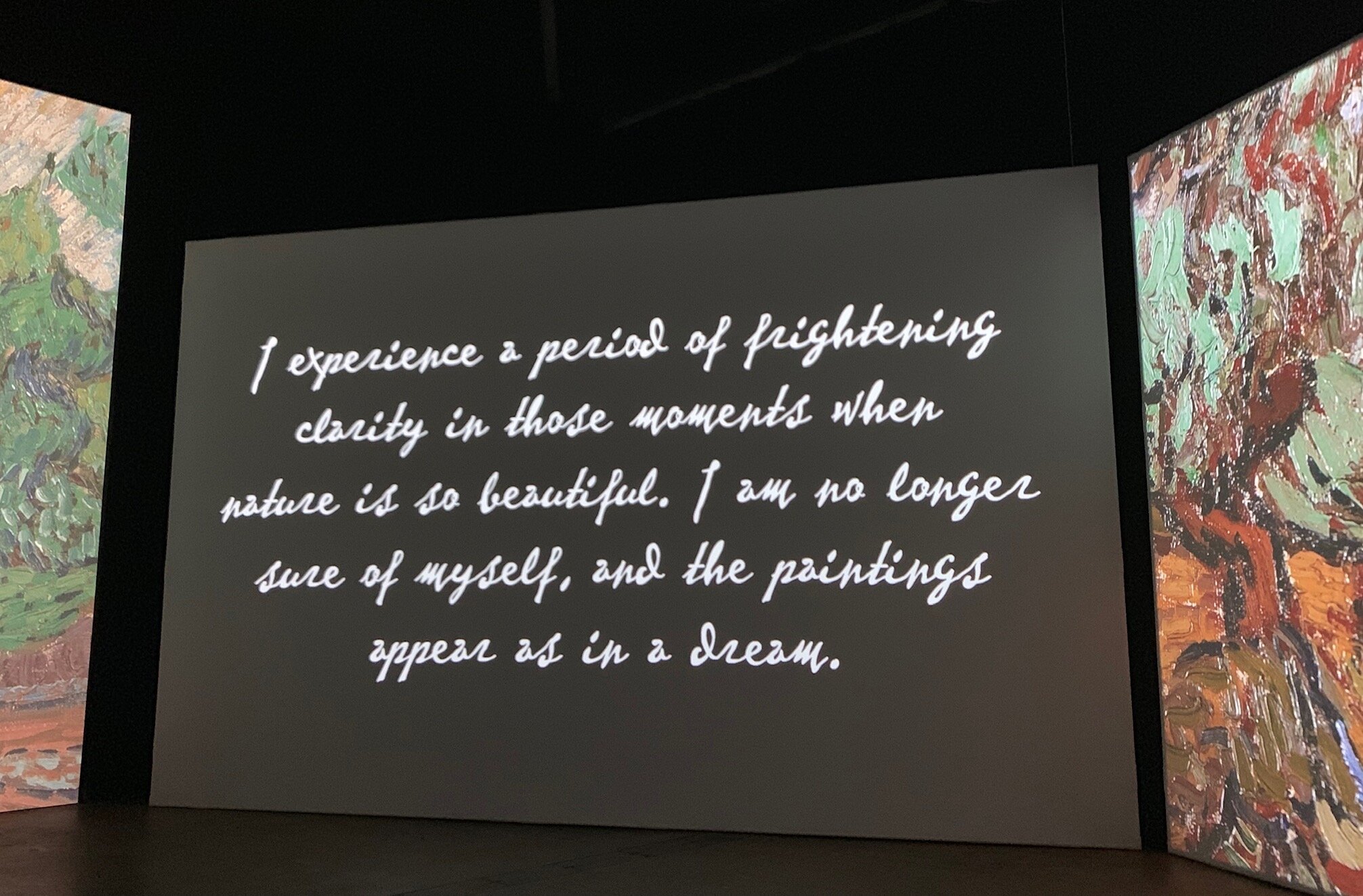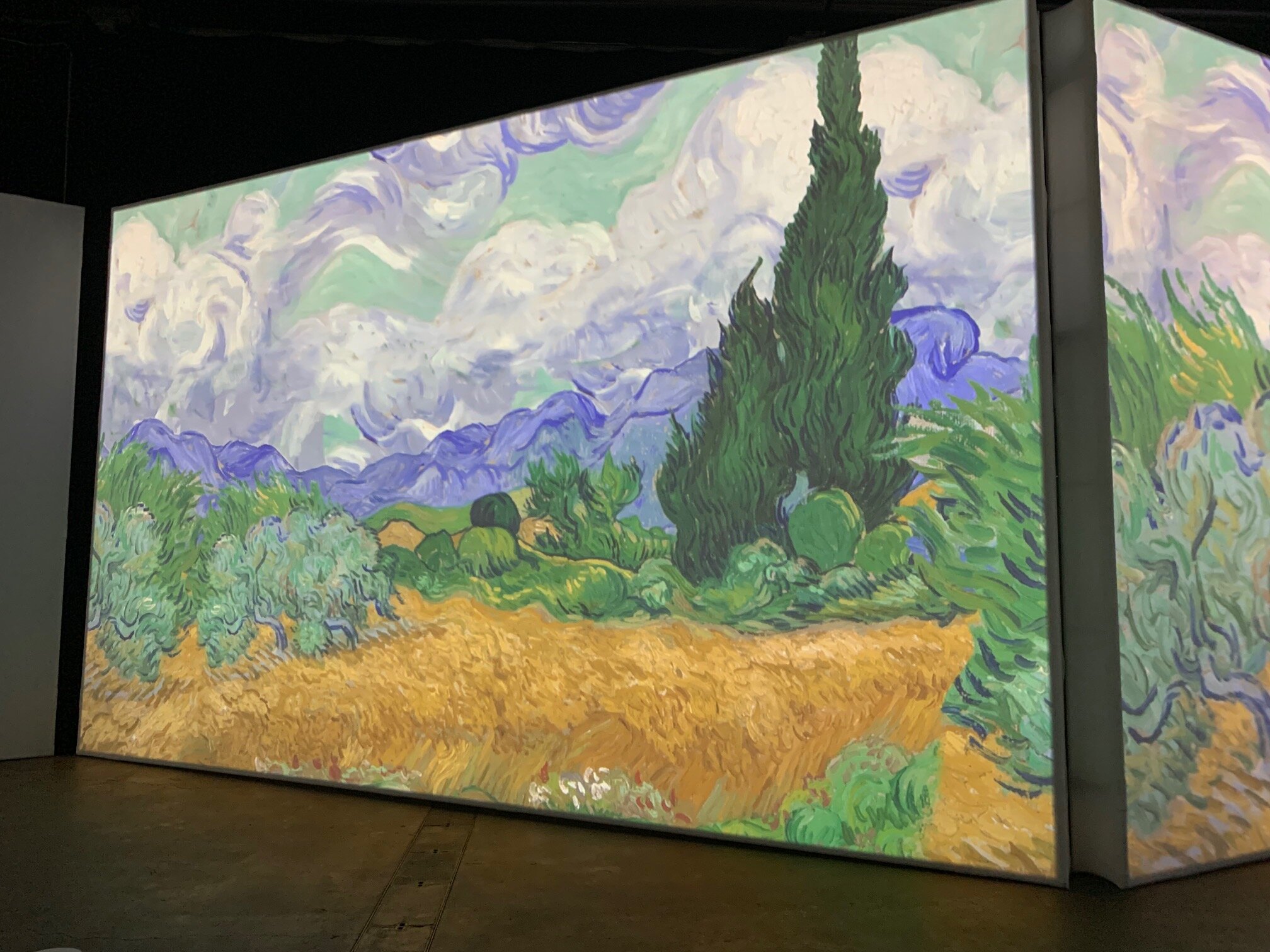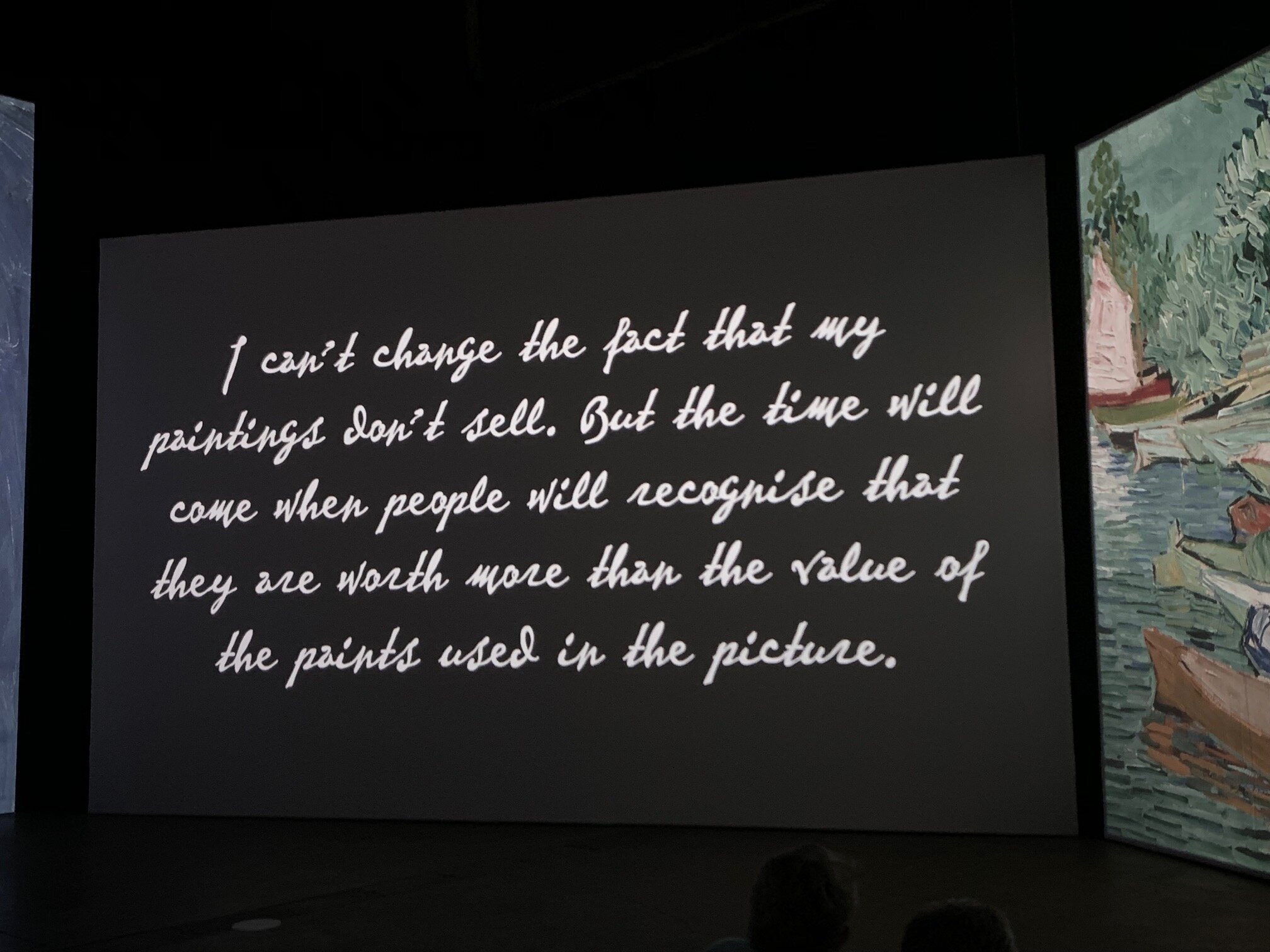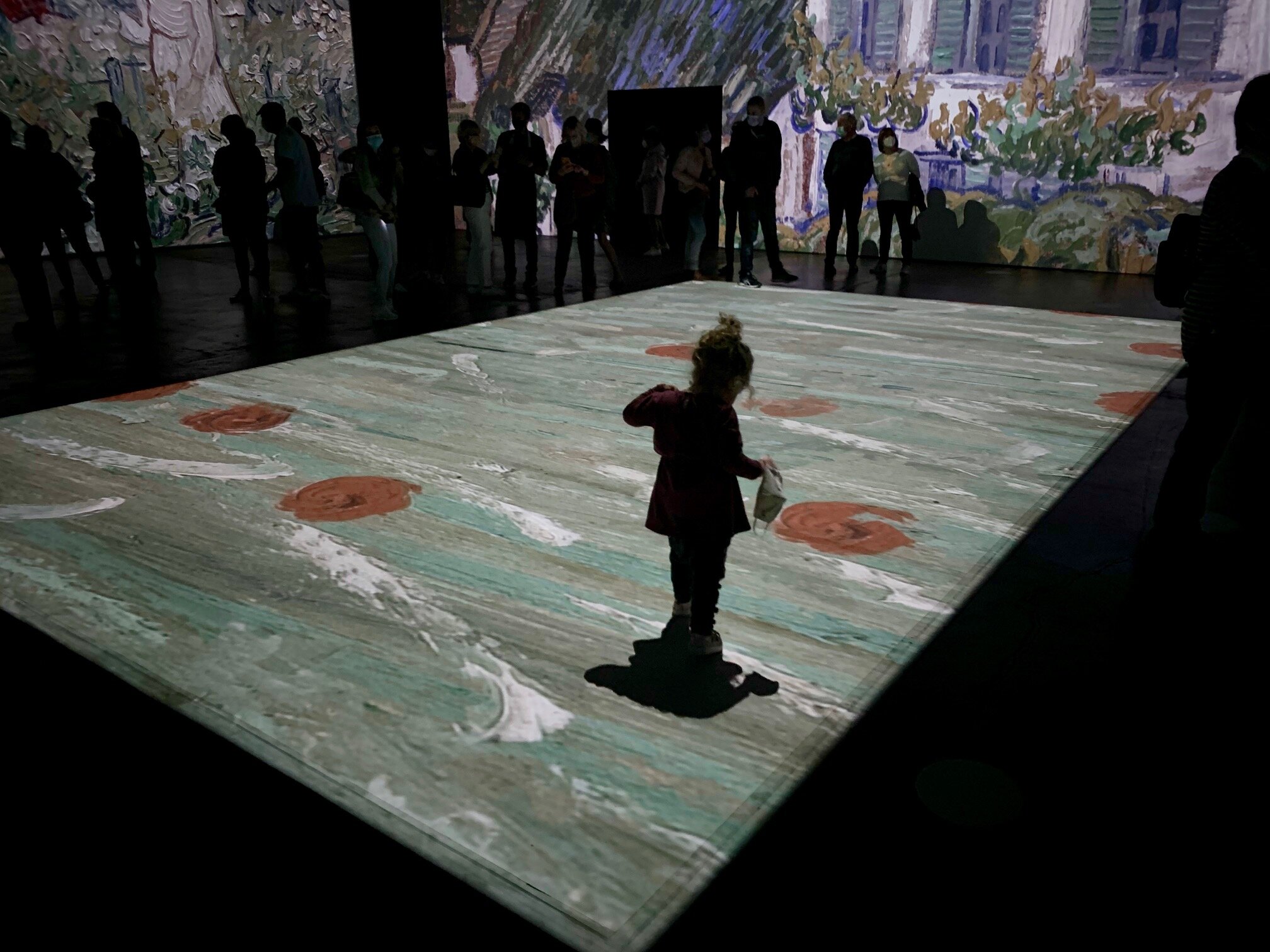3 books to help process 2020
If you’re anything like me then something you crave during the Christmas and end of year work break is time to read. Make no mistake: reading is a tried-and-true self-care activity. While children, family and end of year festivities can make this desire feel out of reach, social anxiety and mental loading make it an important priority. (Check out this 2019 post which offers thoughts and tips for coping during the Silly Season, and this on the relationship between reading and improved mental health.)
What I want to do in this post is pitch three books I’ve read during 2020 that have helped me with all the year has unleashed. Before we get to the list, please take a moment to push back on thoughts that may resemble the unhelpful "bookworm stereotype"; of a "nebbish and unfashionable individual, wearing spectacles, whose demeanor is largely characterized by the social awkwardness one might expect from someone who has chosen the company of print over peers."
Instead, consider the thoughts and research of psychologist Keith Oatley, who counters ⤵
"When we read about other people, we can imagine ourselves into their position and we can imagine it's like being that person. That enables us to better understand people, better cooperate with them." - Keith Oatley, professor emeritus of cognitive psychology at the University of Toronto.
Okay, now we’re set…
1. Bullshit Jobs: A Theory (2018), David Graeber
It came as a shock and distinct sadness to wake up and see the news in September that David Graeber had passed away. Back in January, I posted a review/response to Bullshit Jobs and was fortunate enough to send the piece to David and express my thanks and appreciation.
Why does having a pointless job so regularly cause people to be miserable? On the face of it, it’s not obvious that it should. After all, we’re talking about people who are effectively being paid — often very good money — to do nothing. One might imagine that those being paid to do nothing would consider themselves fortunate, especially when they are more or less left to themselves. But while every now and then I did hear testimonies from those who said they couldn’t believe their luck in landing such a position, the remarkable thing is how very few of them there were. Many, in fact, seemed perplexed by their own reaction, unable to understand why their situation left them feeling so worthless and depressed.
Have you ever contemplated this paradox? Or considered the longterm effects different jobs have had on your mental health?
To be honest, I cried when I read this excerpt from Bullshit Jobs. Up until that point, I had only spoken to two mates about my depression surrounding work and my intensifying dissatisfaction with bullshit jobs. Reading the dozens of thoughts and lived experiences shared from workers who Graeber surveyed — in turn, learning that a lot of people despise having these jobs and lives — offered a sense of freedom. I no longer felt as isolated.
Something else that makes Bullshit Jobs a must-read when processing 2020 comes in considering what COVID-19 has reminded us: the existence of essential workers and essential jobs. ⤵
Imagine if a certain class of people were to simply vanish. Let me expand on this for a moment. If we all woke up one morning and discovered that not only nurses, garbage collectors, and mechanics, but for that matter, bus drivers, grocery store workers, firefighters, or short-order chefs had been whisked away into another dimension, the results would be equally catastrophic. If elementary school teachers were to vanish, most schoolchildren would likely celebrate for a day or two, but the long-term effects would be if anything even more devastating. …
The same cannot be said of hedge fund managers, political consultants, marketing gurus, lobbyists, corporate lawyers, or people whose job it is to apologize for the fact that the carpenter didn’t come. As Finn said of his software licensing firm in chapter 4: “If I showed up on Monday and the building disappeared, not only would society not care, I wouldn’t, either.” And there are certainly office buildings in the world … that, were they to simply vanish, would leave the world much better off.
Yet in many of these are precisely the people who get paid the very highest salaries.
I never would’ve believed after reading this for the first time in January that within two months COVID-19 would force us to consider these longstanding arguments surrounding essential work, bullshit jobs and the divergence of social value and pay.
Graeber’s Bullshit Jobs and Debt are compulsory reading for 2021.
2. The Mirror and the Light (2020), Hilary Mantel
How can an 800+ page novel focussing on the trials and tribulations of Henry VIII’s England and turbulent reformations help in “processing 2020”?
Fair question.
One response is that The Black Death pandemic (and subsequent plagues, starting in the 1300s) took the lives of millions across Europe and Asia and plays a pivotal role in Mantel’s depiction of Thomas Cromwell — who tragically lost his wife and young daughter to the illness. The subsequent actions of one of England’s most divisive reformers are profoundly impacted by what he experienced during the pandemic.
Another response to the question of how novels like The Mirror & The Light assist comes in the understanding of how reading stories assist in connecting, contemplating and processing experiences and feelings.
Consider how one bibliotherapist framed the importance of reading by reflecting on libraries in ancient Greece:
Above the library [in Athens] there would be a banner or placard which read, ‘Places for healing of the soul.’ So you’d go to the hospital for physical healing, and there was this understanding that libraries were places to seek solace and healing, and to nurture ourselves through stories.
This is how I think about novels, mostly historical fiction — which allow an escape through considering different periods, cultures and thinking. Further, this aligns with studies that conclude that “reading for pleasure for 30 minutes a day can reduce anxiety while improving self-esteem, empathy and emotional intelligence.”
Every time we read a book, every time we sit down and read a poem, we’re reminded of that sense of commonality in the shared human experience. - Bibliotherapist Sonya Tsakalakis.
One final thought about how reading novels assist with well-being and times of hardship comes via a 2015 New Yorker piece: Can Reading Make You Happier?
So even if you don’t agree that reading fiction makes us treat others better, it is a way of treating ourselves better. Reading has been shown to put our brains into a pleasurable trance-like state, similar to meditation, and it brings the same health benefits of deep relaxation and inner calm. Regular readers sleep better, have lower stress levels, higher self-esteem, and lower rates of depression than non-readers. “Fiction and poetry are doses, medicines,” the author Jeanette Winterson has written. “What they heal is the rupture reality makes on the imagination.” - Ceridwen Dovey, The New Yorker
These are some of the positive and lasting effects that absorbing Mantel’s engaging writing style and brilliantly researched latest novel had on my mental health and wellbeing in 2020.
3. The Letters of Vincent van Gogh (2008), Edited by Mark Roskill
"The more I think of it the more I think Vincent was a giant. Not a day passes that I do not look at his pictures, I always find there a new idea, something different each day." — Johanna van Gogh-Bonger, Memoir of Vincent van Gogh, 1913
If you've ever cherished one of Vincent van Gogh's quotes, chances are it came via one of the artist's letters — likely written to his younger brother, Theo. What isn't as widely known is that the majority of these letters were preserved and later translated by Vincent's sister-in-law, Johanna van Gogh-Bonger.
Johanna was married to Theo van Gogh and was sadly widowed only two months after the family lost Vincent in 1891. After Vincent and Theo prematurely passed away, Johanna was left with virtually all of Theo and Vincent's art and letters, in part because her husband acted as Vincent's art dealer and patron.
While I knew from my time living in Holland — and visiting the unforgettable Van Gogh Museum — about Johanna's important role in preserving Vincent's art and letters, included in Mark Roskill's Letters of Vincent van Gogh is something I hadn't read: Johanna van Gogh-Bonger's Memoir of Vincent van Gogh (1913).
Vincent painted The Starry Night during his stay in an asylum in Arles.
This assessment of Vincent’s work and well-being was one of the most evident examples of how against the grain Johanna’s thinking was when it came to mental health. It also had a profound effect on me; someone who has struggled with depression and anxiety was reminded of just how far we’ve come in understanding holistic care, raising the importance of mental health and the complexity of mental illnesses. Across the world, we’ve seen an epidemic in the rise of mental health cases in 2020, yet I found myself reflecting in thanks for how far we’ve come in healthcare and medical assistance since Vincent’s prolonged suffering during the 1800s.
I hope that in reading this memoir and Vincent’s letters, others who struggle with mental health can experience the connection and solace that many have with Vincent’s art and life. And please don’t overlook the joy Vincent felt and experienced, even during his last days. ⤵
I had expected [after Vincent left the asylum in Arles and visited Paris] to see a patient and there stood before me a strong, broad-shouldered man, with a healthy colour, a smile on his face and an expression of great resoluteness in his whole appearance; from all the self-portraits the one before the easel is most like him at that period. Apparently there had again come such a sudden puzzling change in his state as the Rev. Salles had already observed to his great surprise at Arles.
"He seems perfectly well, he looks much stronger than Theo," was my first thought.
Then Theo drew him to the room where was the cradle of our little boy, that had been named after Vincent: silently the two brothers looked at the quietly sleeping baby — both had tears in their eyes. Then Vincent turned smilingly to me and said, pointing to the simple crocheted cover on the cradle: "Do not cover him too much with lace, little sister."
PS. The photos below were taken in October at the Van Gogh Live exhibit in Sydney, Australia. Vincent’s quotes were beautifully displayed and blended with the narrative. It was stunning to experience and revitalising to engage with during such a dark and distressing year. Something else that struck me was how this exhibit would not have been possible without the steadfast efforts of Johanna. Watching my three-year-old daughter dance and gaze at Vincent’s flowers also reminded me of Vincent’s belief that people would one day recognise “the value” of his art…



















